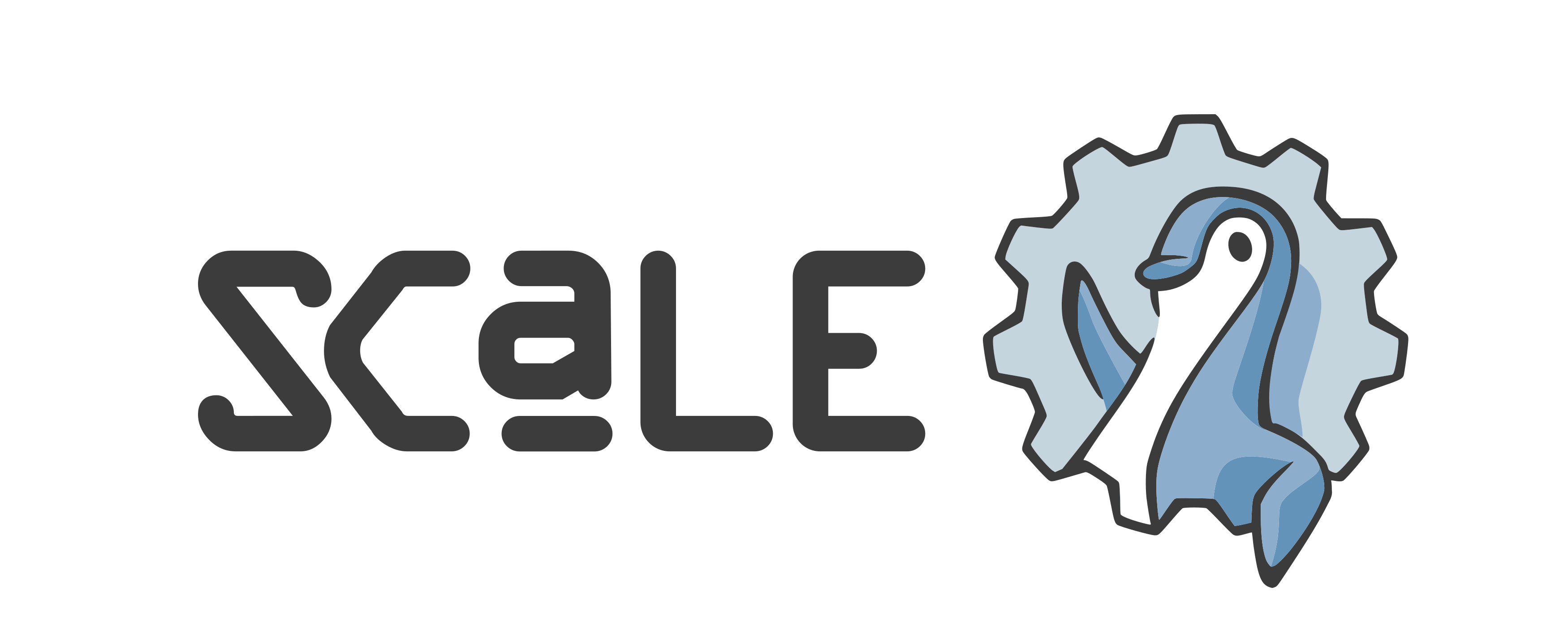Presentations

What do we need to do to achieve the goal of making 2028 a no-car Olympics & Paralympics? While GTFS-static and GTFS-realtime have been widely adopted as transit data standards for several years now, they are from complete. Gaps exist in the spec and barriers to adoption exist for data propducers and consumers alike. However, with the Olympic & Paralympic Games coming up, we have an incredible chance to level up LA's transit data!

How do we know that concurrent data modifications don't introduce corruption? From double-booked plane seats to crypto exchange bankruptcy, these errors can be costly. MySQL offers transaction isolation levels that balance performance and isolation guarantees. With live demos, we'll learn all about transactions, consistent nonlocking reads, InnoDB locking and MVCC, read phenomena, and isolation levels.
After this talk, you'll be able to spot and fix concurrency bugs in MySQL queries, and make informed decisions about performance tradeoffs in transactions.

Cracking the FAANG interviews.
This session would cover coding, system design, and behavioral, such as leveraging previous work experiences and life experiences to demonstrate qualities that most of these companies seek.
I'd provide samples from my own interviewing experience at companies like Google, Amazong, Netflix, Microsoft, etc.

Graphical interfaces are bloated and bog down your system. Free yourself from the GUI by liberating yourself at the CLI. Learn how to do all the things you thought you needed a GUI for in the terminal, such as watching Youtube videos, reading and editing MS Office documents and replacing MS Word, Excel and Powerpoint, listening to music, browse the modern Internet including images, staying up-to-date and interact on social media, check your email, play games and so much more. Keep your New Year's resolution by dumping that GUI weight and run lean and mean in the CLI.

I have a confession: I love Nix. So much so, that I want to use it to build all my software. But there's a catch - why is Nix so slow? My search for answers began with a bash loop run amok, and ends with Fantail - a new frontend development server powered by Nix and Haskell, with builds 5x faster than the Nix CLI. If you've ever looked up at the sky and wondered if it's possible to use the Nix C++ interface to cache Flake inputs in-memory, this is the talk for you. If not, come along anyway!

When plants move around in video games, it adds atmosphere, wether a gentle breeze or gale force winds. We will walk through some methods to create and animate grass and trees, using all open source software such as the Godot game engine, Blender, Gimp, and Krita. In this workshop, there will be a bit of texturing, a bit of simple mesh modeling, and a bit of mostly simple shader coding!

For anyone that has ever had a job in vulnerability management, sifting through endless amounts of poorly written, ambiguous, misleading vulnerability advisories has never been a fun part of the job. Information is often withheld or left out, their descriptions are hard to understand, and sometimes they are unfortunately just plain wrong. For a long time, vulnerability databases like the NVD have been heralded as a single source of truth when they, like all things, are fallible. My aim is to bring attention to this problem, and to help security researchers.


Infrastructure-as-Code (IaC) allows engineers to manage infrastructure through code, ensuring a safe, consistent, and repeatable process. As IaC gains popularity, various tools have emerged to support it.
In this session, aimed at DevOps, SRE, and Platform Engineering professionals, Adriana and Ana will explore and compare three open-source IaC tools: Pulumi, Crossplane, and OpenTofu, helping attendees understand the capabilities of these tools and choose the one that best fits their needs.
Join us for a fun walk through Pasadena on a lovely Saturday morning as we celebrate International Women's Day. Meet: in front of the main entrance to the Pasadena Convention Center Introductions. Stretch. Then we go. You will be led by a seasoned runner (who actually founded & currently organizes a run club in Los Angeles). Expect to be back at our starting location shortly after 9am.
Join us for a fun walk through Pasadena on a lovely Saturday morning as we celebrate International Women's Day. Meet: in front of the main entrance to the Pasadena Convention Center Introductions. Stretch. Then we go. You will be led by a seasoned runner (who actually founded & currently organizes a run club in Los Angeles). Expect to be back at our starting location shortly after 9am.
